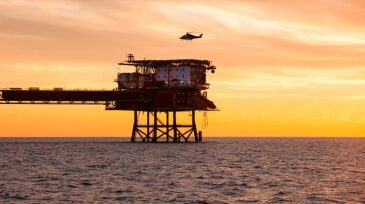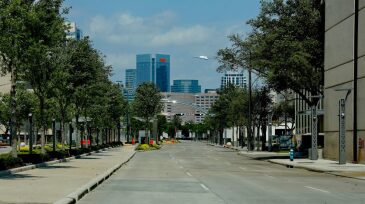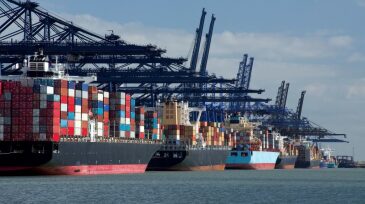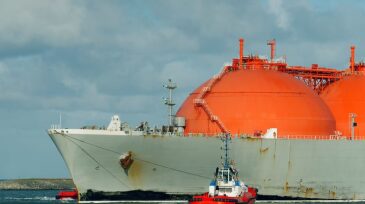COVID-19
-
The bow tie concept of safety was on display at a recent live podcast presented by SPE, where representatives from Equinor, NOV, SOS International, and the Energy Institute discussed efforts to keep offshore workers safe during the current pandemic.
-
Reductions will begin next month and last until June. After that, major oil producers around the world plan to step down from the cuts in phases that extend to 2022.
-
Past price crashes have produced widespread layoffs and bankruptcies, sunk local real estate markets, and drained public funding for years. This time around, local officials and analysts say it could be even worse.
-
With oil prices at historic lows and with COVID-19 supply chain disruptions, the time has come to evaluate supply chain and procurement strategies, sourcing techniques, and costs.
-
Westwood Global Energy’s analysis looks at production, cost, and revenue estimates in the UK and Norway, should oil prices remain low. The research group also provided an outlook on drilling activity.
-
An expert panel moderated by Johana Dunlop, SPE technical director for HSE and sustainability, covers a wide range of issues facing the double crisis of COVID-19 and historically low crude prices.
-
Industry representative body Oil and Gas UK and safety organization Step Change in Safety have coproduced a series of films to address the concerns of thousands of workers traveling offshore during the coronavirus pandemic.
-
ExxonMobil and Halliburton made additional cuts in spending and personnel.
-
Results of the survey will provide support for the UK’s initiatives to help businesses affected by the industry downturn and the COVID-19 pandemic.
-
The drop in gas prices, although greater than forecast, will not be to the same extent as oil prices.










